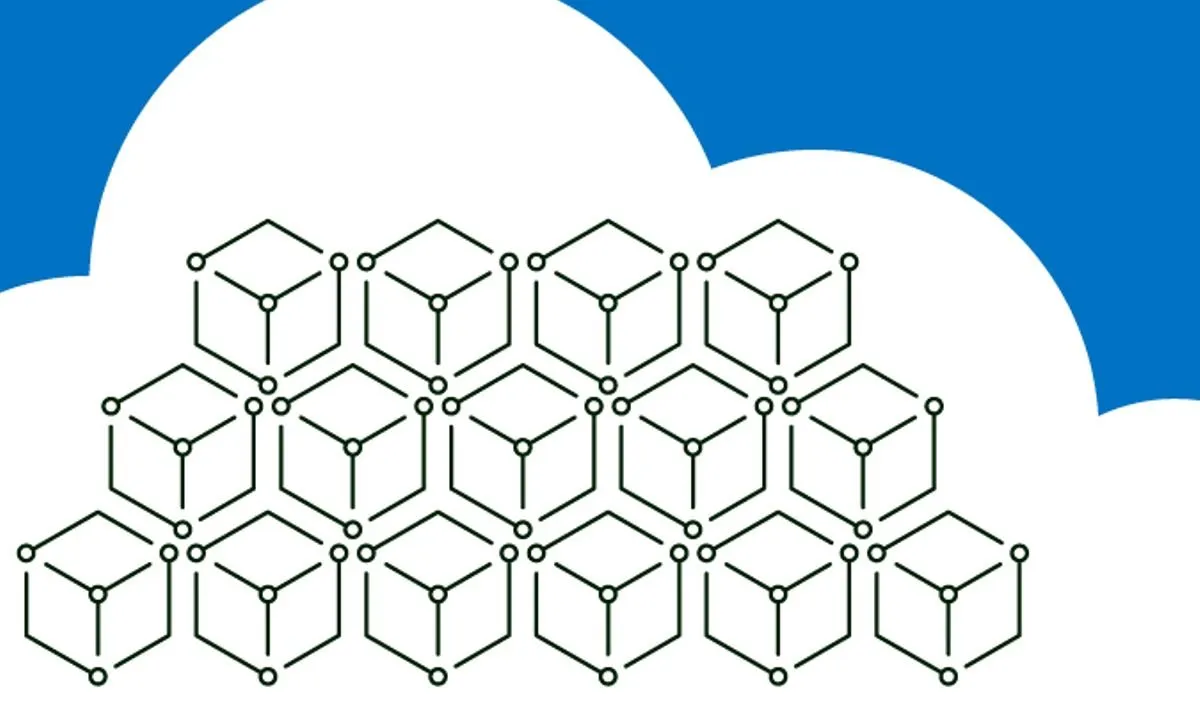
Introduction to Containers w& Docker Kubernetes & OpenShift 
This course provides an introduction to containers, Docker, Kubernetes, and OpenShift, and explains why they are so important to modern software development. Gain the skills to become a sought-after container developer and join the ranks of the highest-paid developers. ▼
ADVERTISEMENT
Course Feature
![]() Cost:
Cost:
Free
![]() Provider:
Provider:
Coursera
![]() Certificate:
Certificate:
Paid Certification
![]() Language:
Language:
English
![]() Start Date:
Start Date:
15th May, 2023
Course Overview
❗The content presented here is sourced directly from Coursera platform. For comprehensive course details, including enrollment information, simply click on the 'Go to class' link on our website.
Updated in [February 21st, 2023]
What skills and knowledge will you acquire during this course?
This course will provide learners with the skills and knowledge to build cloud native applications using container tools and technologies such as Docker, container registries, Kubernetes, Red Hat, OpenShift, and Istio. Learners will gain an understanding of Docker objects, Dockerfile commands, container image naming, Docker networking, storage, and plugins. They will also learn how to use the Kubernetes command line interface (CLI), or “kubectl” to manipulate objects, manage workloads in a Kubernetes cluster, and apply basic kubectl commands. Additionally, learners will become familiar with ReplicaSets, autoscaling, rolling updates, ConfigMaps, Secrets, and service bindings. They will also learn the similarities and differences between OpenShift and Kubernetes. By the end of the course, learners will be able to build a container image, then deploy and scale their container on the cloud using OpenShift.
How does this course contribute to professional growth?
This course provides an introduction to container tools and technologies, such as Docker, Kubernetes, Red Hat, OpenShift, and Istio. It teaches the skills necessary to build cloud native applications and deploy and scale them in any public, private, or hybrid cloud. By taking this course, professionals can gain the knowledge and skills needed to stay competitive in the software engineering field, as well as increase their earning potential. Additionally, the course provides hands-on, browser-based labs to help professionals apply what they learn.
Is this course suitable for preparing further education?
This course is suitable for preparing further education as it covers essential skills for software development, back-end & full-stack development, cloud architects, cloud system engineers, devops practitioners, site reliability engineers (SRE), and cloud networking specialists. It provides an introduction to container tools and technologies such as Docker, container registries, Kubernetes, Red Hat, OpenShift, and Istio, and teaches how to build cloud native applications and deploy and scale applications in any public, private, or hybrid cloud. Additionally, the average salary for jobs that require container skills is $137,000 in the US according to salary.com, making Devops professionals and developers with these skills highly in demand.
Pros & Cons

Includes peer review grading.

Hands on/real life approach.

Nice overview about containers.

Poorly graded quizzes.

Final project is impossible to complete.

Poor quality and soulless narrator.
Course Provider

Provider Coursera's Stats at AZClass
Discussion and Reviews
0.0 (Based on 0 reviews)
Explore Similar Online Courses

Create Measures by Using DAX with Power BI
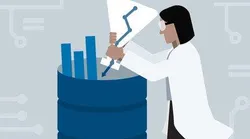
Master SQL for Data Science

Python for Informatics: Exploring Information

Social Network Analysis

Introduction to Systematic Review and Meta-Analysis

The Analytics Edge

DCO042 - Python For Informatics

Causal Diagrams: Draw Your Assumptions Before Your Conclusions

Whole genome sequencing of bacterial genomes - tools and applications
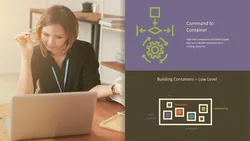
Managing Docker on Linux Servers
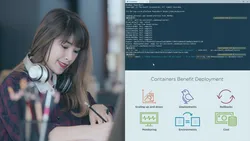
Fundamentals of Docker and Kubernetes for NET Developers
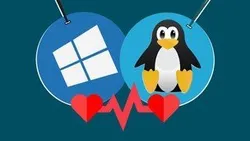

Start your review of Introduction to Containers w& Docker Kubernetes & OpenShift